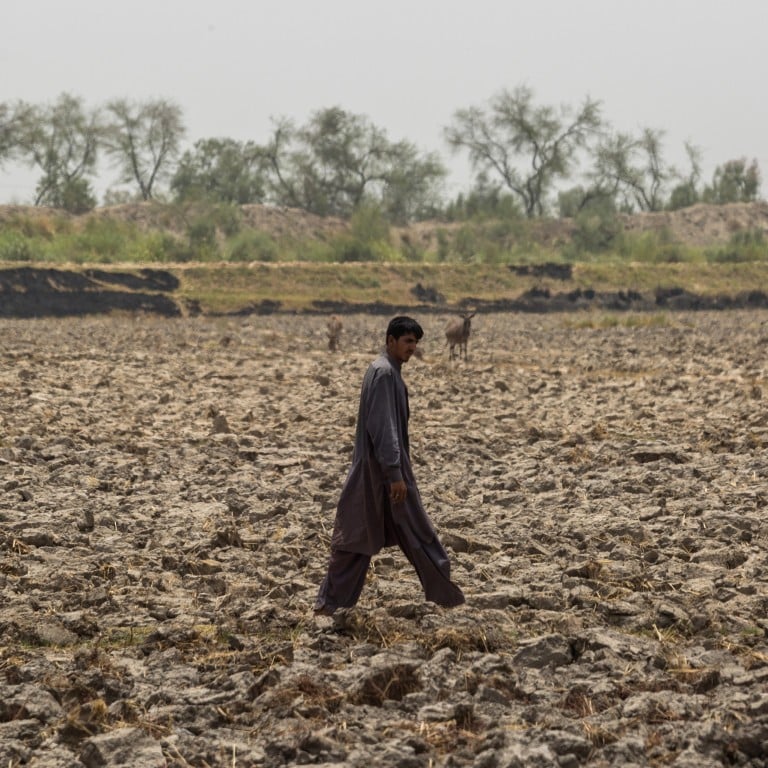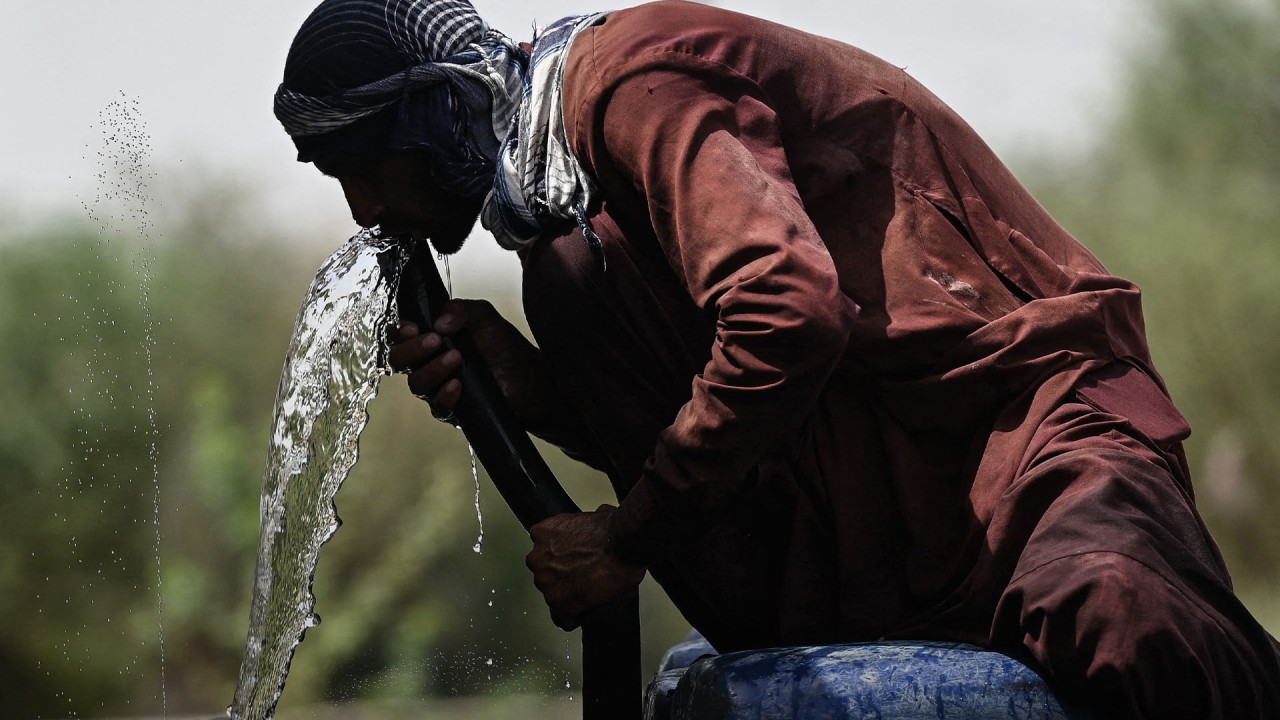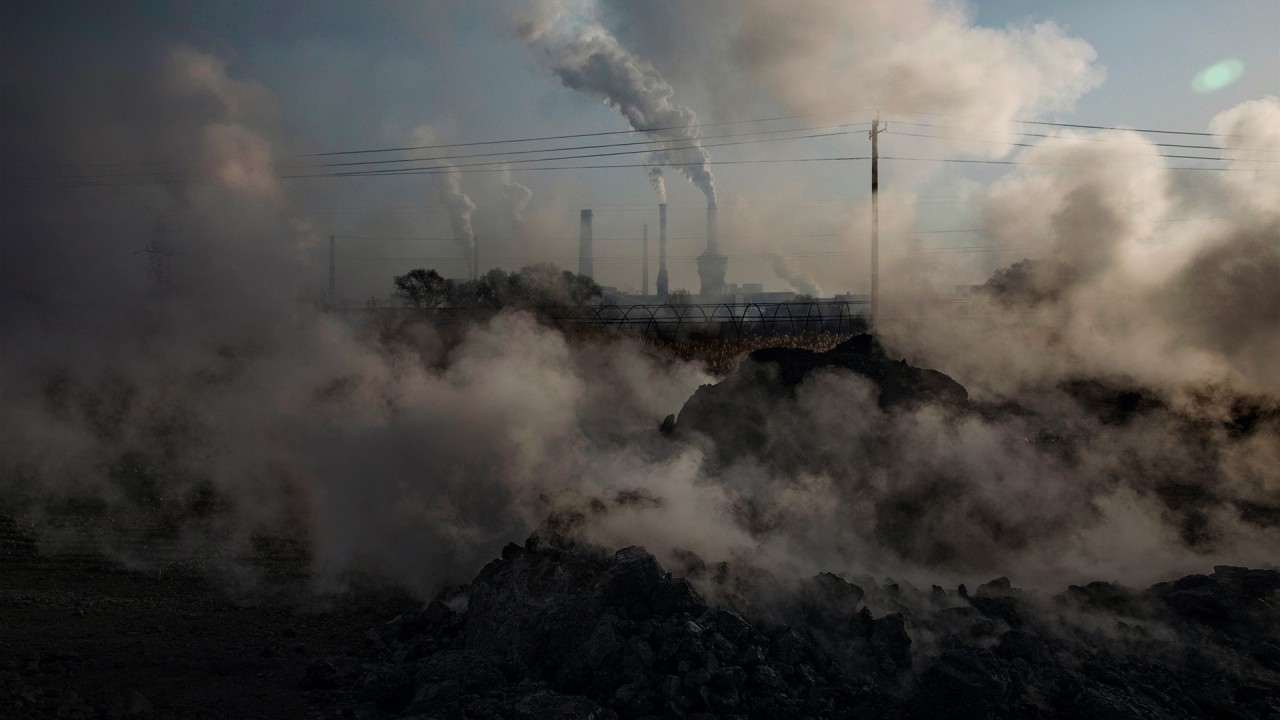
World economy needs a quick financing makeover to contain global warming, panellists tell Green Swan conference
- The world needs ‘blended finance’ – a mix of funding from public and private sector sources, with much of it provided by developed nations to developing nations, experts say
- The world will need to invest US$9.2 trillion a year in the most polluting sectors in the coming three decades if the Paris climate goal is to be reached, according to McKinsey
A drastic makeover of the world economy and huge cross-regional investment flows are needed over the next three decades if the world is to meet its climate goal of keeping global warming at 1.5 degrees Celsius, experts said.
In the process, a great deal of “blended finance” from both public and private sector sources – much of it provided by developed nations to developing nations – will be needed, said academics, policymakers and bankers at the annual Green Swan conference on sustainable finance organised by the Bank of International Settlements.
“We have to change the structure of the world economy – all countries, all sectors – very rapidly over 20 or 30 years,” said Nicholas Stern, a professor of economics and government at the London School of Economics and Political Science on Tuesday. “All systems have to change – energy, transport, cities, land. It has to be fast, and we have to invest a lot.”
The climate transition and decarbonisation process also needs to be “just” to ensure that the poor have access to affordable decarbonisation tools – such as electric vehicle charging facilities and energy efficiency solutions like home insulation, he added.
This will require a private-public “blended finance” approach, said Paulina Dejmek Hack, a senior official responsible for financial markets stability at the European Commission.
“We need the private and the public sectors to work together … be it market-driven initiatives [or] regulatory frameworks,” she said.
Nomura leads US$6 million investment in Hong Kong start-up Allinfra
The Earth has already warmed by an average 1.1 degrees since pre-industrial times, and more disastrous extreme climate events will happen unless the warming is contained, according to the United Nations’ Intergovernmental Panel on Climate Change.
It is headed for 2.7 degrees of warming by 2100 based on current policies in place, which could be reduced to 2.1 degrees if governments and businesses come up with credible measures and deliver on their long-term net zero emission targets, research organisation Climate Action Tracker estimated in November.
A lack of urgency, financial means and clear standards are the main impediments for carbon emitters to embark on a climate transition, said Daniel Hanna, the global head of sustainable finance at Standard Chartered, which aims to provide US$300 billion of transition financing to clients in Asia, Africa and the Middle East by 2030.
“We need to move the focus of the growth that we have seen in green finance, democratise it and provide it to low-income countries,” he said. “The world will be better off if the burden of energy transition is shared much more evenly and fairly across the world.”
A report published earlier this year by the bank estimated that the world economy will be US$3.9 trillion better off if developed markets can raise the US$93.8 trillion needed for emerging markets to transition their economies by 2050 to meet the 1.5 degrees climate ambition.
Emerging markets as a group will be US$68 trillion better off in this scenario, compared to being US$79 trillion worse off if they have to raise all that financing themselves, Hanna said.
In China, it is estimated that at least 140 trillion yuan (US$21 trillion) in climate financing will be needed to meet the nation’s goal to become carbon neutral by 2060, Zhou Xiaochuan, a former central bank governor, told the conference.
“How to mobilise and make good use of such a large investment is a major challenge facing the financial sector,” he said.





